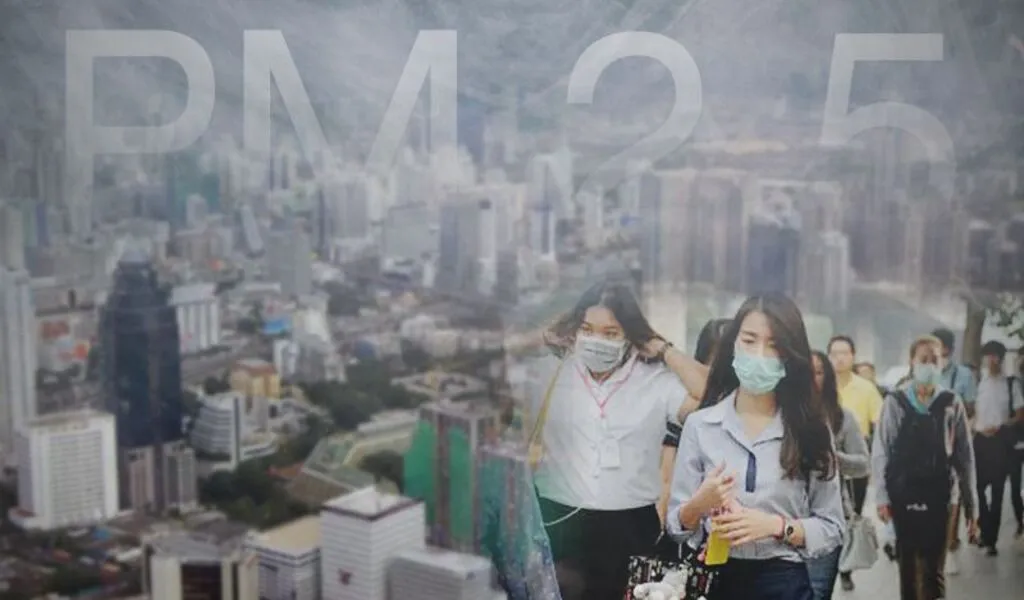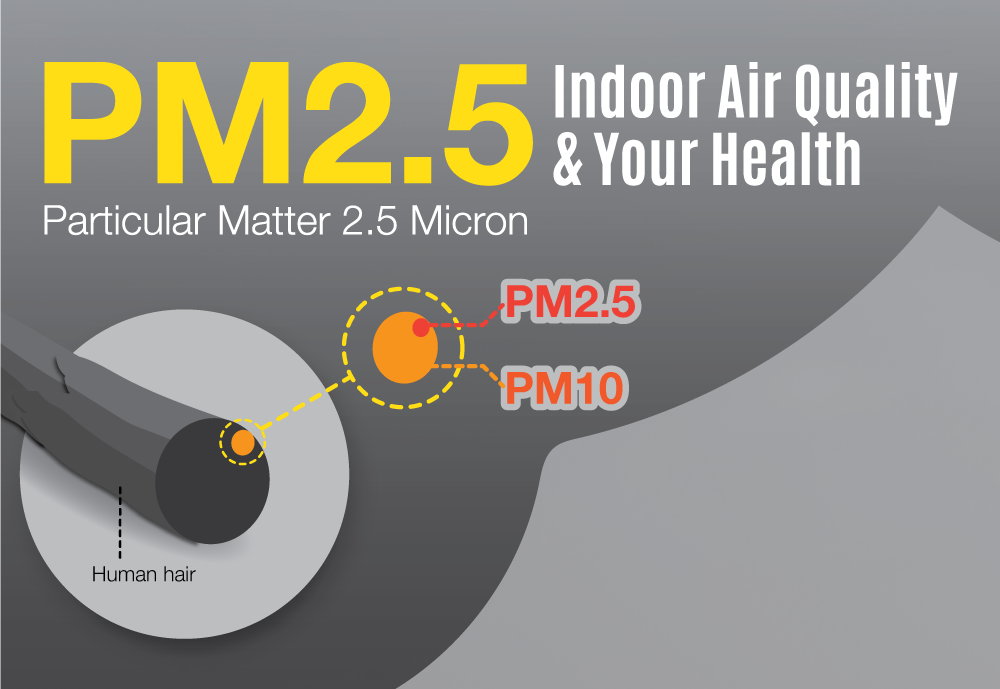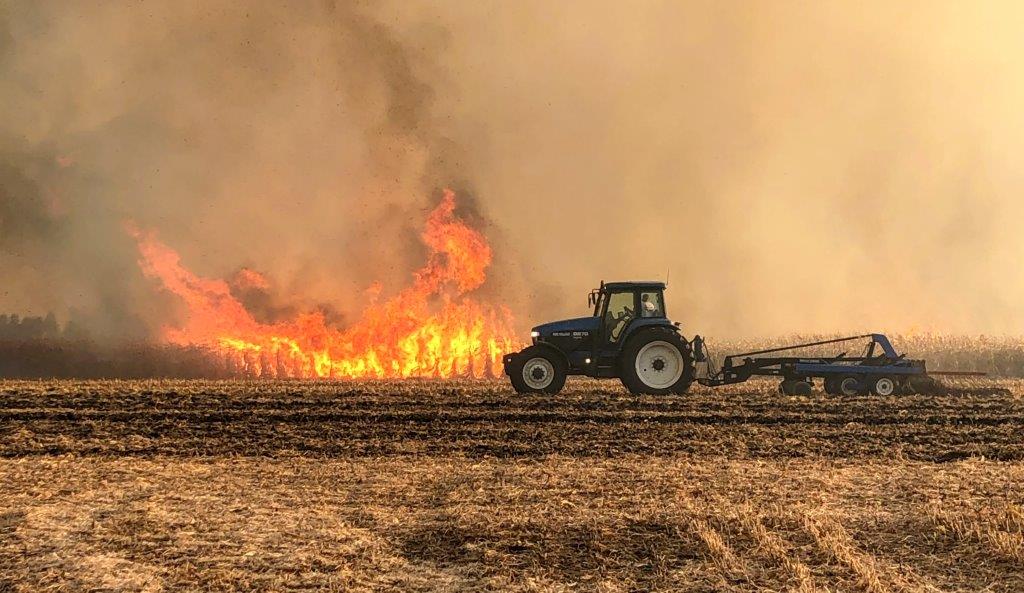In 2023, more than 10 million Thais sought treatment for PM2.5 dust particle-related ailments, according to the National Economic and Social Development Council. Sickness from PM 2.5 dust particles in once again on the rise in 2024.
Widespread agricultural burning in Myanmar and Laos and wildfires in the north have been responsible for the dangerous PM2.5 dust particles. People with chronic disorders such as bronchitis, asthma, and heart disease are among those involved.
According to the NESDC, the number of persons seeking treatment for pollution-related ailments jumped from 1.3 million in the first nine weeks of 2023 to 1.6 million by the beginning of 2024. Thailand has a population of approximately 72 million.
The NESDC stated that the Government of Thailand must prioritise the impact of PM2.5 on public health.
Particle pollution from fine particles (PM2.5) is an issue when levels in the air are unhealthy. Breathing in high amounts of PM2.5 can raise the risk of heart disease, asthma, and low birth weight. Unhealthy levels can also lower visibility and make the air appear foggy.
Exposure to these PM2.5 micropollutants can induce burning and itching of the eyes and skin, as well as coughing and chest discomfort. Those with pre-existing heart or lung issues may experience more severe symptoms.
According to air quality monitoring websites, some of Thailand’s northern cities are among the most polluted in the world. Chiang Mai, Chiang Rai, and Lampang have received “unhealthy” ratings from monitoring platform IQAir.
Thailand’s air pollution is a concern during the dry season, which lasts from November to March, primarily owing to seasonal burning by farmers cleaning their sugarcane and rice crops.
Earlier this year, Prime Minister Srettha Thavisin promised to improve air quality. Lawmakers also approved a bill to address the issue.
Last week, the government announced plans to deploy 30 planes across the country for cloud seeding to induce rain and reduce pollution.
In February, Bangkok officials recommended employees to work from home for two days because pollution levels in the capital city and surrounding districts had reached dangerous levels.
Residents and environmental groups in Thailand have brought lawsuits over the years to demand that the government take action on pollution.
Last July, over 1,700 people in Chiang Mai filed a lawsuit against former Prime Minister Prayut Chan-o-cha and two state agencies for failing to use their authority to reduce pollution in the north, which they claim was shortening each of their lives by about five years.
In January, a Chiang Mai court ordered the government to develop an emergency plan to address air quality within 90 days.








